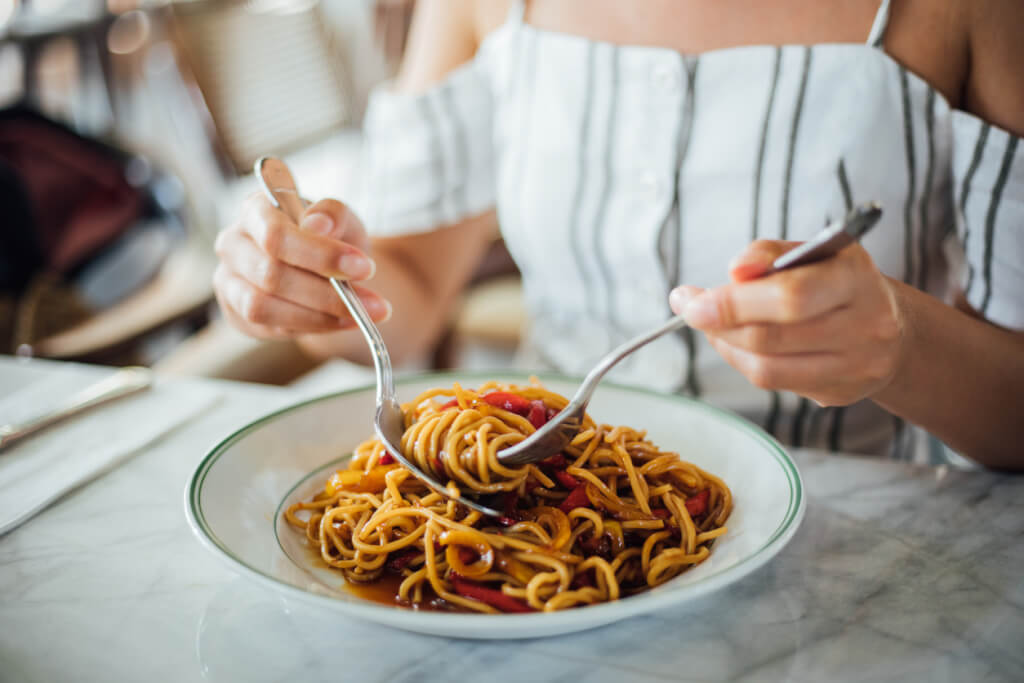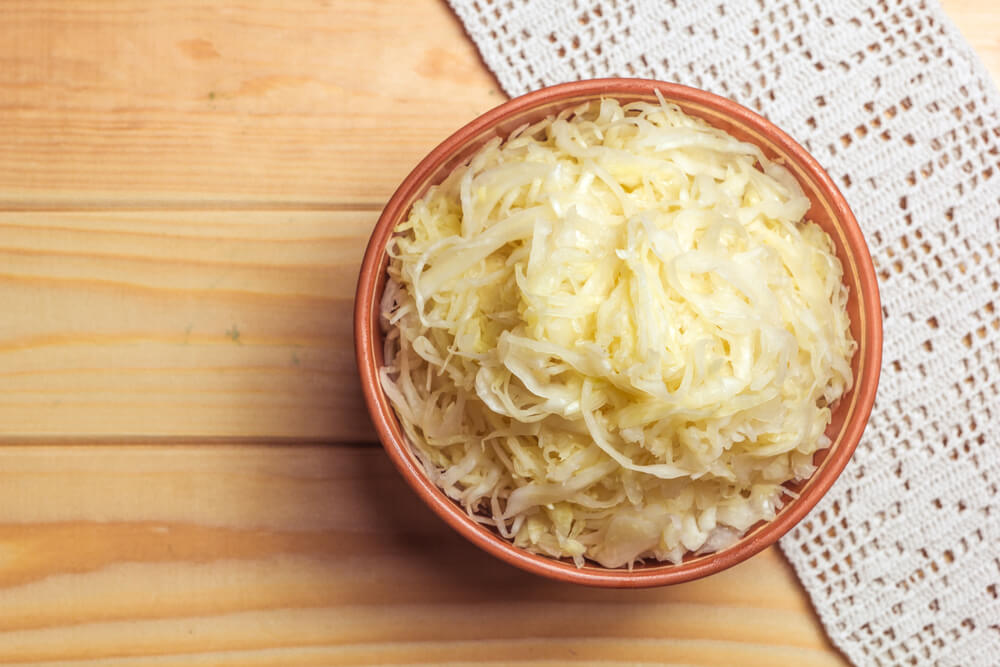What happens in the body when you give up carbohydrates?
'26.09.2022'
Source: New York Post
Most studies claim that reducing fat can have a negative impact on health in the long run. But about how much carbohydrates you eat, it is worth thinking today, writes New York Post.

Studying the eating habits of 135 from thousands of subjects from 18 countries over a seven-year period, the researchers concluded that people who received enough fat (35% of daily calories) had a lower risk of various diseases and death. Those who received more carbohydrates (about 77% of the diet) increased this risk.
Does this mean that carbohydrates shorten our lives?
Before you send bread, pasta and potatoes to the garbage can, we’ll make a reservation - it’s not about giving up carbohydrates or going on a low-carb diet. The problem is too much their consumption and the quality of carbohydrate foods that we eat.
Dr. Tim Crow, a nutritional expert and founder of a nutritional awareness system, says that many of us are slowing down our days because of too much carbohydrate in the diet. Most of the carbohydrates we eat are processed and refined, they have too much sugar and zero benefit.
The World Health Organization recommends as a healthy diet a diet consisting of 30% fat (less than 10% of animal origin), 55-75% carbohydrate and less 10% simple sugars. Researchers say that the best result, however, is a balanced diet, where fats are about 35%and carbohydrates 50-55%.
What happens when you abruptly discard carbohydrates?
Carbohydrates are a nutritional resource for the brain that is necessary for its functioning. When there are too few of them, your brain will suffer, and you will begin to forget where you put your keys and credit card. Muscular fatigue will also develop from a lack of glucose.
But not all carbohydrates are equally beneficial. Processed carbohydrates, especially in combination with saturated fats, salt and sugar, contain little fiber - so you get a lot of calories, but do not get enough and soon again want to eat.
Instead of giving up carbs, go for whole grains (brown rice, barley, buckwheat, quinoa, spelled or polenta), combining them with fruits, vegetables, and legumes. This style of nutrition does not require the abandonment of fats, but their main types should be vegetable - nut and vegetable oils.







